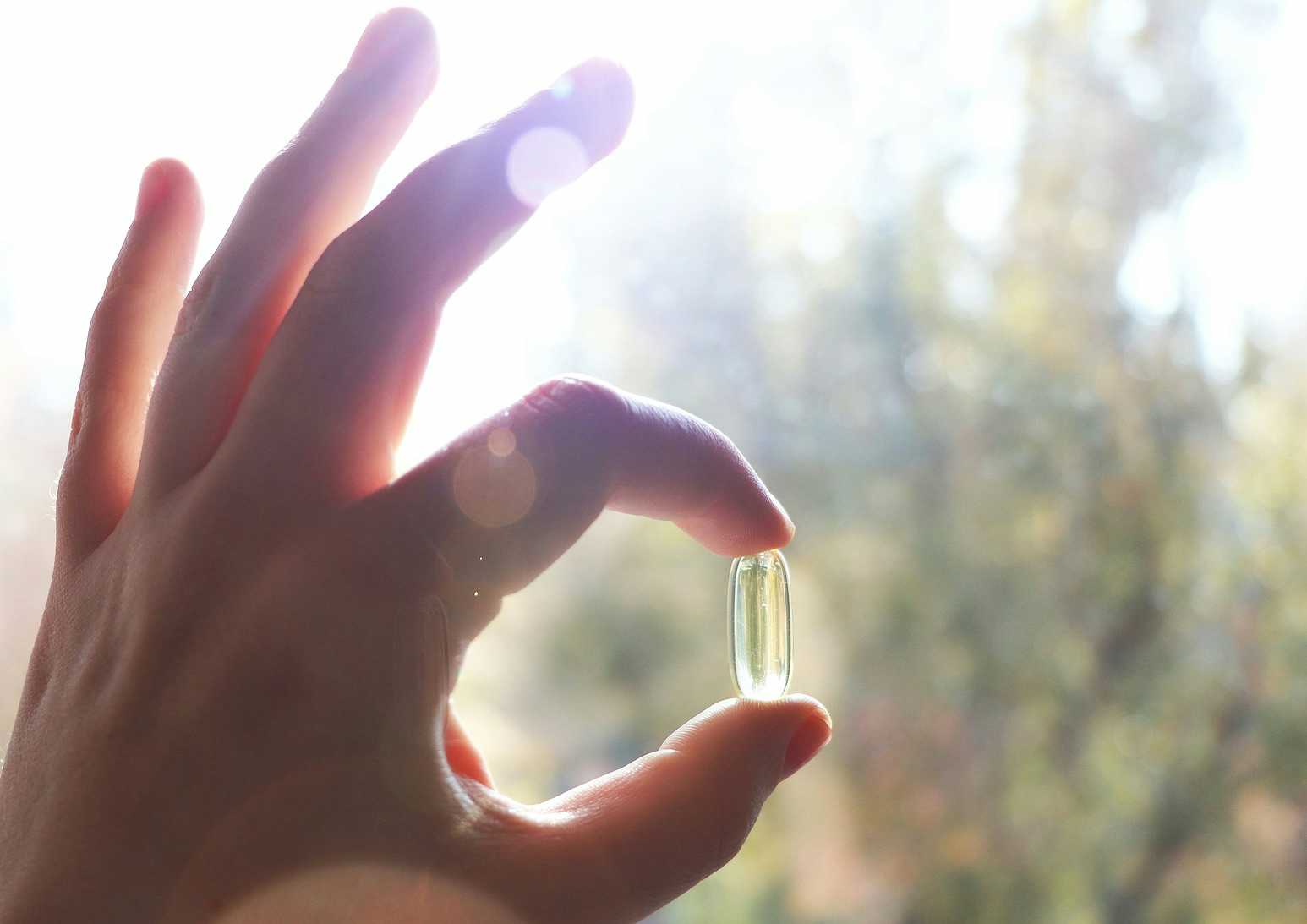
Vitamin D is an essential nutrient for both children and adults. Long ago, scientists dubbed it the “sunshine vitamin” because skin can synthesize it in the presence of sunlight. Doctors in northern climes where sunshine is scarce in the winter have studied the effects of vitamin D supplements. Finnish researchers have found that extra vitamin D during infancy may benefit kids’ mental health at school age.
VIDI Study Looked at Vitamin D Benefits for Babies:
The Vitamin D Intervention Study in Infants was a randomized, double-blind trial conducted in Helsinki, Finland (BMC Pediatrics, March 29, 2017). Parents enrolled healthy babies born at term to receive either the standard dose of vitamin D (400 IU daily) or high-dose vitamin D (1200 IU daily). Neither parents nor scientists knew which dose the babies were getting until the intervention ended. At that time, the youngsters were two years old. Investigators assessed bone strength, immune response, allergy and asthma, cognitive development and mineral metabolism.
What Is the Impact on Kids’ Mental Health?
In a follow-up study of 346 children between 6 and 8 years old, researchers found that high-dose vitamin D improved kids’ mental health (JAMA Network Open, May 19, 2023). To assess this, they asked the parents to rate symptoms of psychiatric problems such as anxiety or depression. Only 5 percent of those who had received high-dose vitamin D as babies exhibited such symptoms. In comparison, parents rated nearly 12 percent of those in the standard-dose group as showing such problems. These are considered internalizing mental health conditions.
The scientists did not find significant differences in behavior classified as externalizing kids’ mental health problems such as aggressive behavior or rule breaking. Although the results are intriguing, the investigators caution that we need more studies to confirm the benefits of vitamin D for kids’ mental health.
COVID Lockdowns Linked to Low Vitamin D Levels:
A different study of nearly 600 children and teens in Virginia found very high rates of vitamin D deficiency among youngsters hospitalized for psychiatric problems (American Psychiatric Association (APA) 2023 Annual Meeting). About 82 percent of young people with major depressive disorder in 2020-2021 were deficient in vitamin D. This was far higher than rates prior to the pandemic. According to the investigators, lockdowns due to COVID-19 may have kept kids inside and out of the sunshine. That might explain the very high rates of vitamin D deficiency they found.
Citations
- Helve O et al, "Towards evidence-based vitamin D supplementation in infants: vitamin D intervention in infants (VIDI) - study design and methods of a randomised controlled double-blinded intervention study." BMC Pediatrics, March 29, 2017. DOI: 10.1186/s12887-017-0845-5
- Sandboge S et al, "Effect of vitamin D3 supplementation in the first 2 years of life on psychiatric symptoms at ages 6 to 8 years: A randomized clinical trial." JAMA Network Open, May 19, 2023. doi:10.1001/jamanetworkopen.2023.14319

